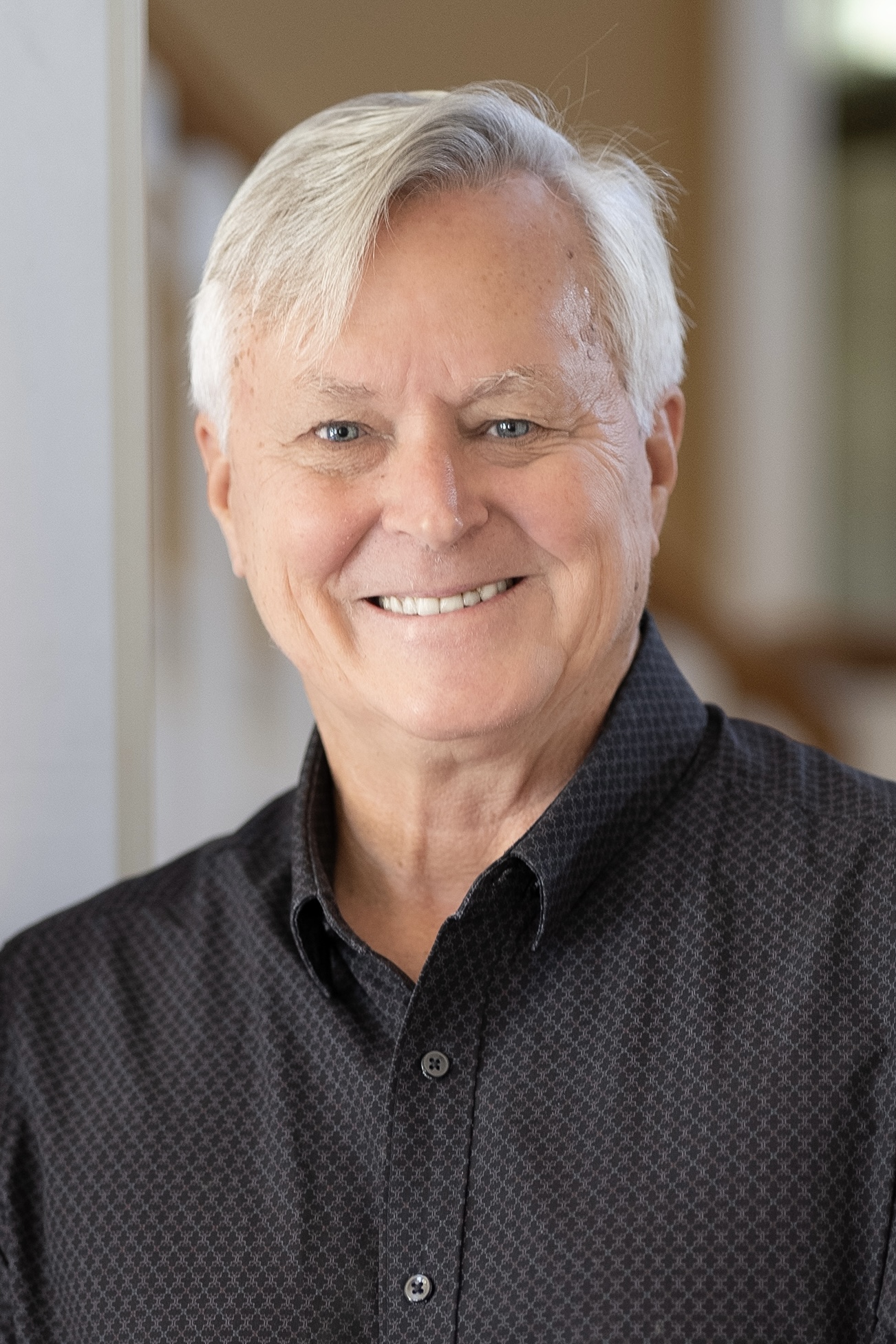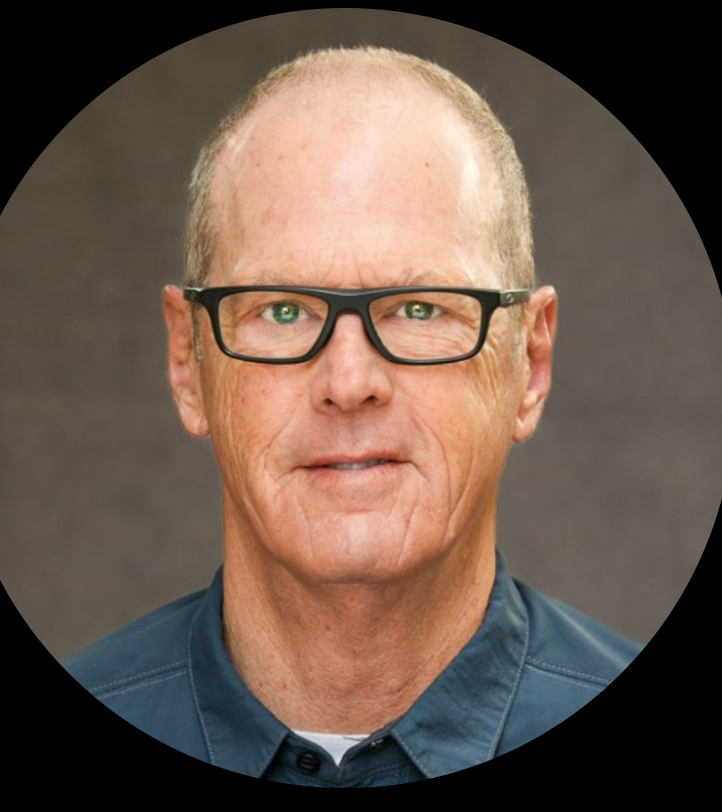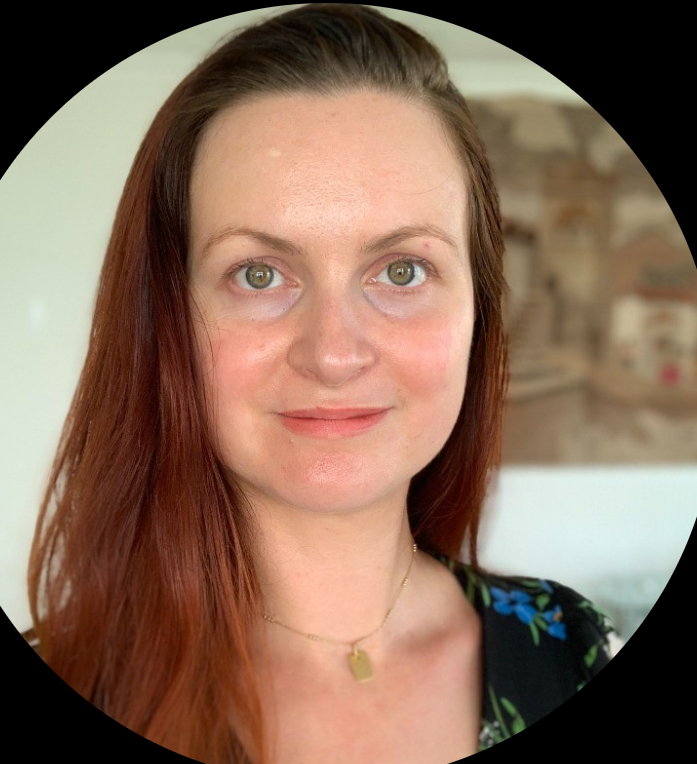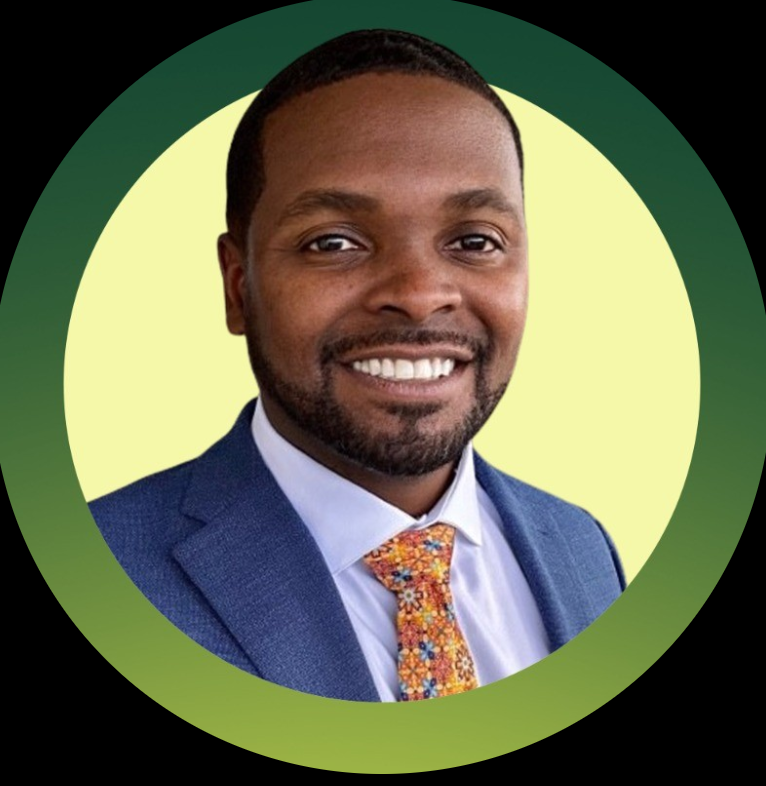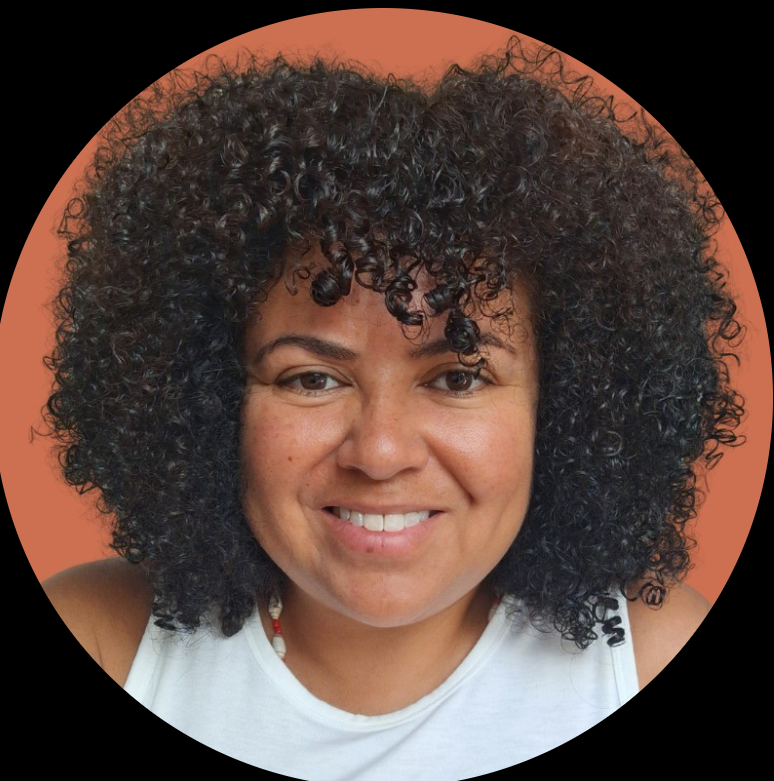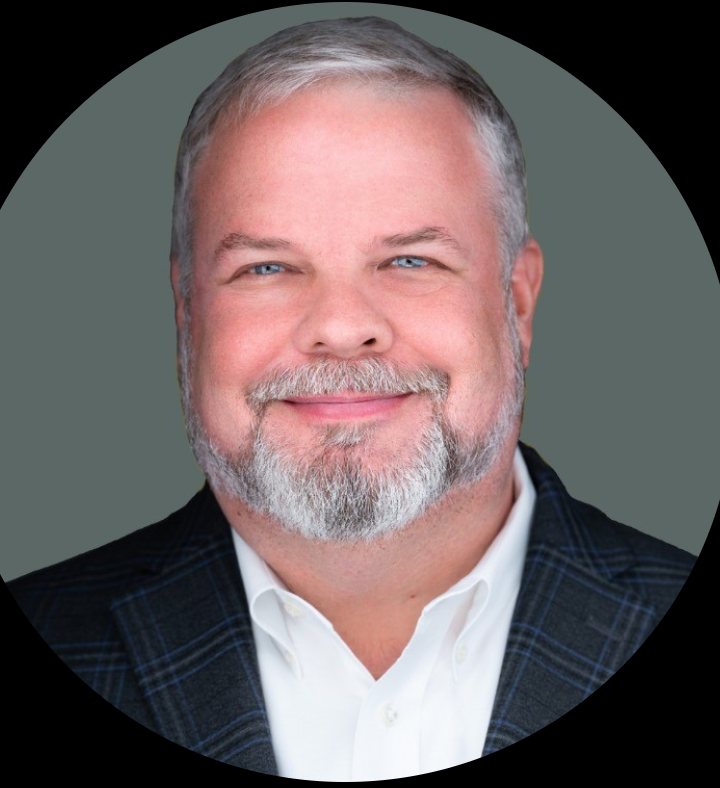David Bishop is the founder of The David Bishop Group and a former top executive in the entertainment industry, having led global divisions at MGM and Sony Pictures. With an illustrious career that saw him spearheading transitions in the media landscape—from launching DVDs to driving the adoption of Blu-ray—David has now channeled his passion into empowering leaders and CEO founders to scale effectively and mindfully. At Humans of Fuzia, we’re honored to feature David’s story—a powerful narrative of transformation from corporate success to purposeful entrepreneurship. His journey will resonate with our community of 5 million women and allies working to redefine leadership with empathy, strategy, and human connection. At Fuzia, we believe in “He for She” and “She for She”—David’s vision beautifully aligns with that mission.
What inspired your transition from corporate leadership in entertainment to founding your own leadership development firm?
My career began in the entertainment industry, where I led major divisions at MGM and Sony Pictures. I enjoyed building high-performing, engaged teams more than anything else. As the home entertainment industry began to decline, I realized I was no longer having fun. That pushed me to reflect on what energized me most—developing people. So, I pursued a graduate certification in leadership and organizational development at Columbia University and launched my own business focused on helping leaders grow and thrive.
Who do you primarily work with now through your business?
While I started with media companies—where I already had connections—I gradually found deep satisfaction in working with CEO founders. These individuals are on a unique journey; they take an idea from scratch, build a team, scale their companies, and eventually face challenges in shifting from being the center of everything to becoming strategic leaders. I help guide them through that transition.
What kind of transformations do your clients typically experience?
The biggest shift is personal growth. I work with them to step back from daily operations—what I call moving from the dance floor to the balcony—so they can see patterns, realign their purpose, and better empower their teams. This personal clarity usually cascades into improved team performance and overall business acceleration.
Imposter syndrome is common among entrepreneurs. Did you ever struggle with self-doubt? What’s your advice to others?
Absolutely. Especially early on, when I had to promote myself rather than a product like Spider-Man or James Bond, it felt unnatural. My advice? Be relentless. Stay laser-focused on your mission. There will be disappointments—people who say no, fundraising challenges, team gaps—but don’t let those define your path. Keep moving.
Looking back, is there anything you would have done differently when starting out?
Yes—define your target audience early. I tried to be too many things to too many people. Once I honed in on CEO founders and understood their specific challenges, I could build real solutions and a stronger business model.
What’s one common mistake you see CEO founders make as they scale their business?
Many assume that when things go wrong, it’s because others aren’t working as hard as they are. But expecting everyone to operate at the same relentless pace is unsustainable. Instead, I help them build purpose-driven cultures where aligned strategies allow them to step back without losing momentum.
What does success mean to you today?
Success is seeing my clients grow. I intentionally limit the number of clients I take on to keep the work meaningful. It’s not about scale for me—it’s about transformation. If a client isn’t truly ready for change, it’s not a good match.
Is there an interesting project you’re currently working on?
Yes, I’m expanding my work with CEOs into full team development. After individual coaching, CEOs often want their leadership teams involved. I use a 360 feedback process to uncover blind spots and strengths—first with the CEO, then the team. It’s powerful to see the collective shift in how teams communicate and lead together.
“You can’t be all things to all people. But if you can define your space, understand the problem, and commit to solving it—you’ll create impact that lasts.”
Connect with David Bishop:
LinkedIn: David Bishop
Want to be featured?
If you’d like to be featured in the Humans of Fuzia series, email us at fuziatalent@fuzia.com



